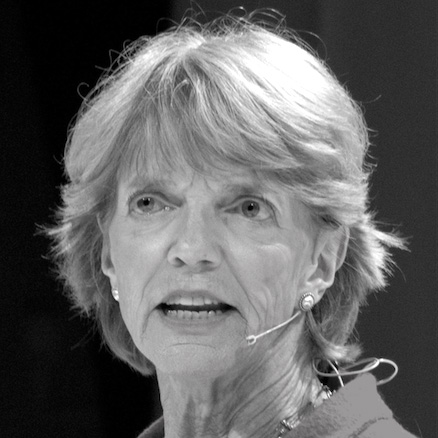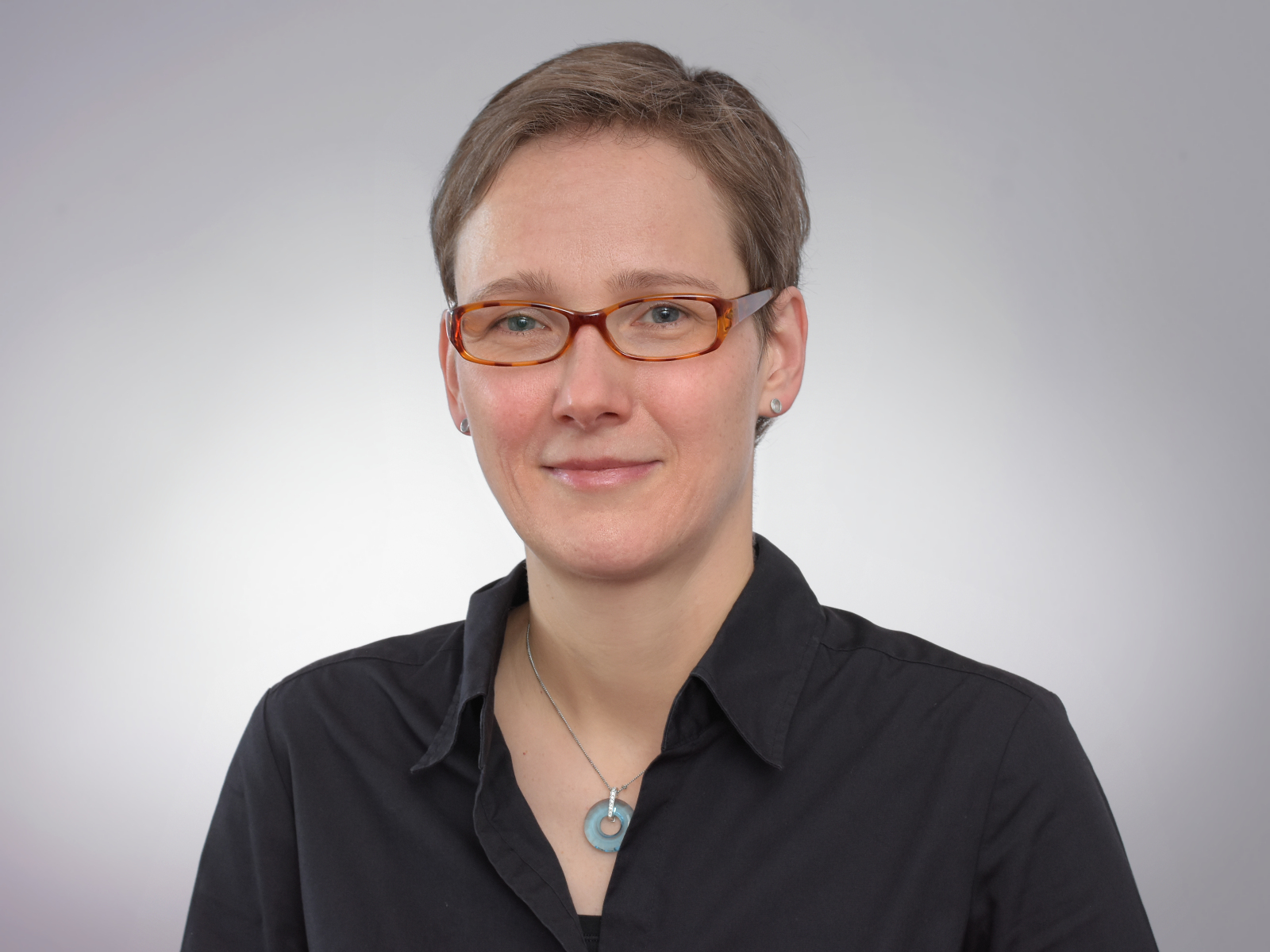Patricia Churchland (University of California, San Diego), The Neurobiological Platform for Moral Intuitions
On ZOOM (Contact us for Link)ABSTRACT: Self-preservation is embodied in our brain’s circuitry: we seek food when hungry, warmth when cold, and mates when lusty. In the evolution of the mammalian brain, circuitry for regulating one’s own survival and well-being was modified. For sociality, the important result was that the ambit of me extends to include others -- me-and-mine. Offspring, mates, and kin came
















